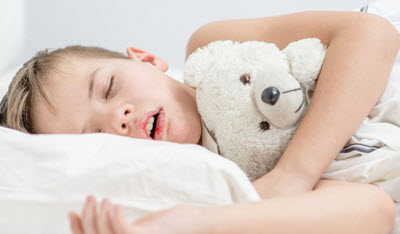 Snoring isn’t normal or healthy – for anyone!
Snoring isn’t normal or healthy – for anyone!
Kids shouldn’t snore? Nope!
Adults shouldn’t snore? Nope!
Snoring means that the airway is being restricted, which is not good for your brain!
Snoring, mouth breathing, and teeth grinding are not normal in children. Even newborns should be able to breathe through their noses comfortably.
The same thing goes for adults. Snoring, mouth breathing, drooling, teeth grinding, frequent waking, headaches, jaw pain, and fatigue are all associated with sleep-disordered breathing (including obstructive sleep apnea).
Consequences of Sleep Disorders
Prolonged difficulties with bed-wetting, restless sleep, and hyperactivity are associated with sleep-disordered breathing in children. Some children who have been diagnosed with ADHD and narcolepsy have been “cured” from these conditions once their sleep-disordered breathing was addressed!
For adults, untreated sleep-disordered breathing can lead to high blood pressure, arrhythmias, coronary artery disease, stroke, metabolic syndrome and type II diabetes, depression, impotence, increased risk of car accidents, and increased risk of work related accidents.
Screening for Sleep Disorders
If you or a loved one demonstrates any of these symptoms, it’s important to be screened for sleep-disordered breathing.
While we work with you to improve the muscle tone, positioning, and resting posture of your jaw, tongue, and lips, we can send you to the right professional to address other aspects of sleep-disordered breathing.
This can help improve symptoms of sleep-disordered breathing by opening your airway while you sleep.
Everyone needs a good night’s sleep.
Healthy breathing and good sleep are some of the most important foundations for good health.
When sleep isn’t right, no one does well – no matter your age.
For more information on getting a good night’s sleep, please visit our Contact page.

